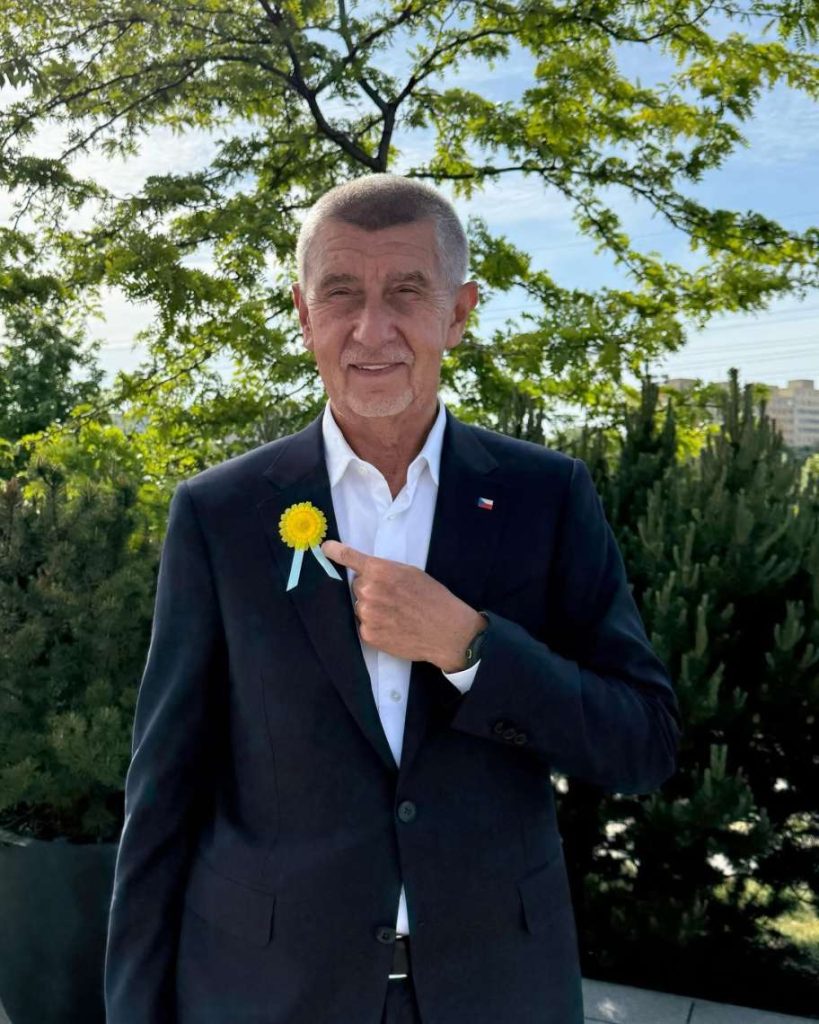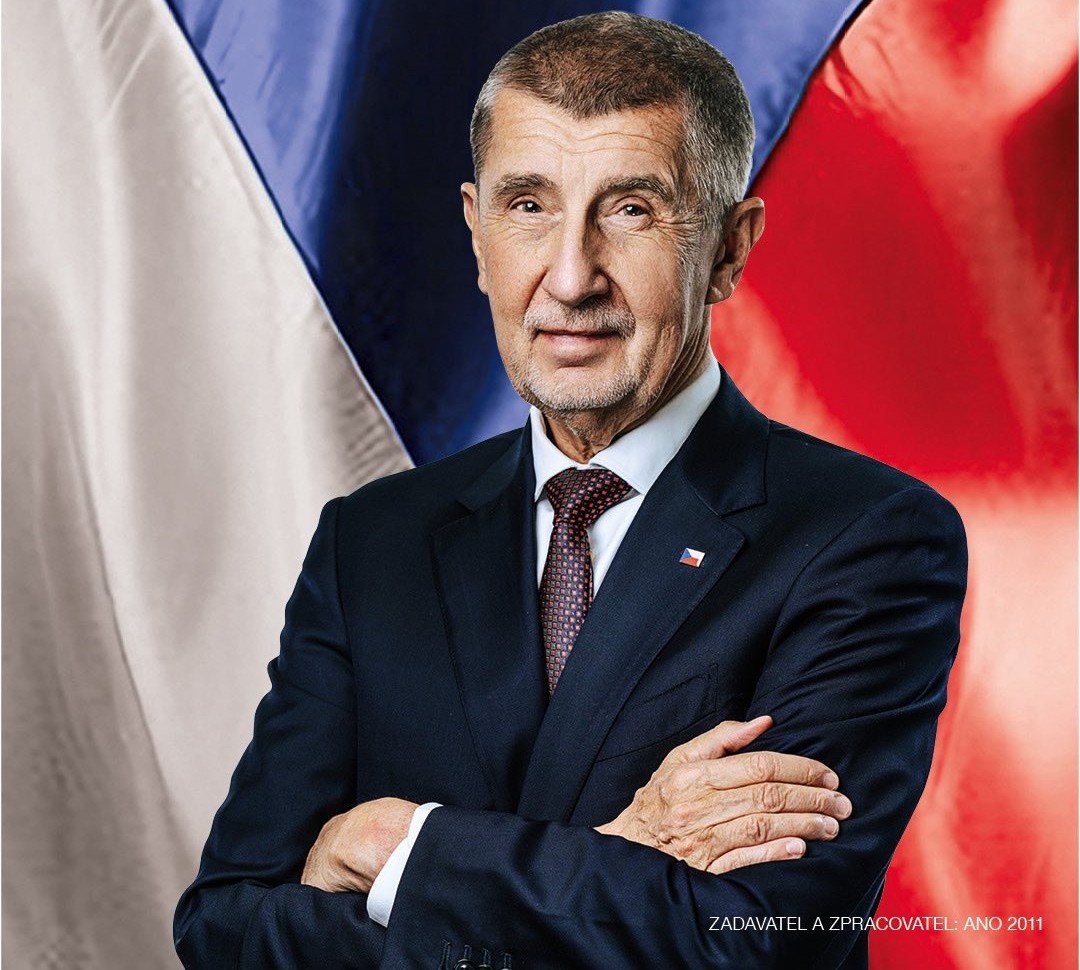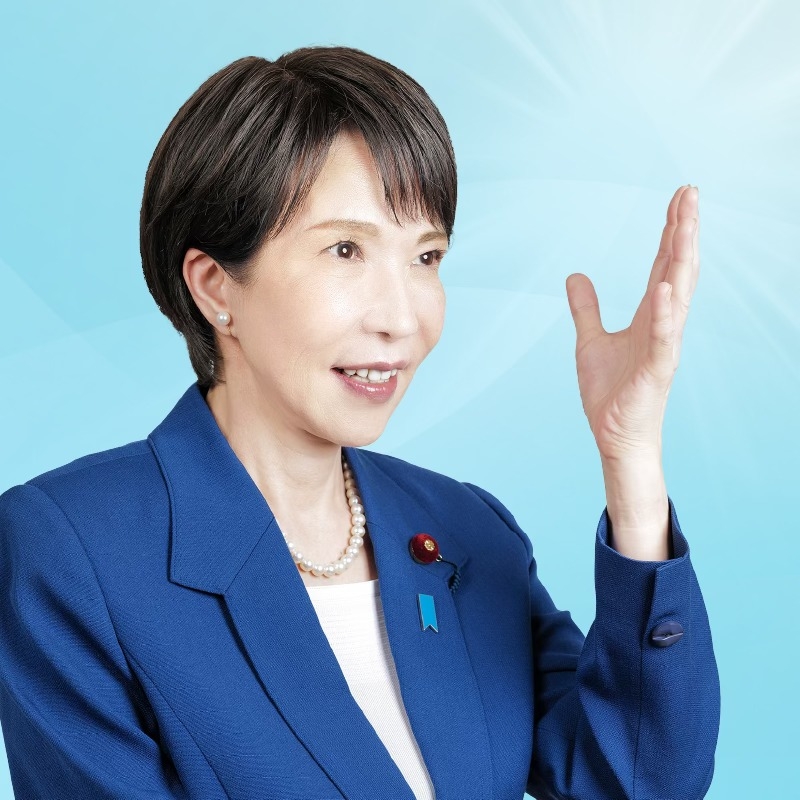A self-described “Trumpist,” Babiš celebrated what he called a “historic result” and the “absolute peak” of his political career….reports Asian Lite News
Populist billionaire Andrej Babiš has secured a comeback victory in the Czech Republic’s parliamentary elections, preliminary results show, though his ANO (YES) party fell short of securing an outright majority. The outcome signals a major return to the political stage for Babiš, who served as prime minister from 2017 to 2021, but also raises questions about the country’s future direction — both domestically and within Europe.
According to The Guardian, with nearly 98% of polling stations counted, the Czech Statistics Office reported that ANO captured 35% of the vote, followed by the pro-western coalition led by current prime minister Petr Fiala, which gained 23%. Fiala’s coalition had defeated Babiš in the 2021 election, making this a striking reversal for the 71-year-old billionaire, who has long styled himself as an outsider challenging the political establishment.

The two-day election determined the makeup of the 200-member lower house of parliament. Among Fiala’s allies, the Mayors and Independents (STAN) party secured 11.1%, while the Pirates — another coalition partner — received 8.7%. Together, these results leave the current government weakened but still relevant in negotiations, as Babiš begins his attempt to form a new administration.
A self-described “Trumpist,” Babiš celebrated what he called a “historic result” and the “absolute peak” of his political career. His ANO party’s strong performance comes after several years of political turbulence and corruption allegations that once threatened to derail his career. Voter turnout was notably high, at nearly 69%, reflecting a polarised electorate and a reinvigorated interest in national politics.
Despite the win, Babiš lacks an outright majority and must now begin the delicate process of coalition building. He has ruled out cooperating with any of the parties that have been part of the outgoing government, instead signalling interest in talks with smaller right-wing and nationalist movements. His most likely partners are the Freedom and Direct Democracy (SPD) — a hardline, anti-immigration party that won 7.9% of the vote — and a new right-wing movement known as the Motorists, which took 6.8%.
“We will definitely lead talks with the SPD and the Motorists and seek a single-party government led by ANO,” Babiš said following the results. However, even this coalition may not guarantee a smooth majority, leaving Czech politics on uncertain ground in the weeks to come.
Babiš’s campaign centred on increasing welfare spending, cutting foreign aid, and reducing financial support for Ukraine, alongside promises of higher wages, pensions, and tax cuts for students and young families. These pledges were designed to appeal to voters disillusioned by rising living costs and the government’s austerity measures.
As The Guardian reports, Babiš has also strengthened his alliances beyond Czech borders. A close associate of Hungarian prime minister Viktor Orbán, he has joined forces with several far-right parties in the Patriots for Europe bloc within the European Parliament. The group seeks to challenge the EU’s mainstream direction, particularly on climate policy, migration, and support for Ukraine, advocating instead for national sovereignty and slower decarbonisation.
Babiš’s victory underscores the growing influence of populist and nationalist movements across Europe, many of which are capitalising on economic anxiety, energy concerns, and fatigue over the war in Ukraine. Whether he can turn electoral momentum into stable governance remains to be seen — but his return marks another chapter in Europe’s populist resurgence.








